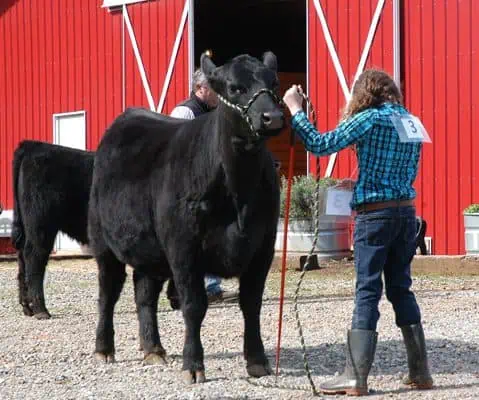
This interdisciplinary course examines science literacy in the public health, agricultural, and environmental sectors. By examining controversies and rhetoric, students will explore how anti-scientism, public psychology and the “death of expertise,” and social media influence individual and public policy decision-making.
Provides study of concepts in applied animal behavior to properly and safely handle animals, with a basic focus on restraint and containment with the most current humane and ethical practices. The course will also focus in zoonosis and risk assessment with the parameters of domestic animal handling while providing an experiential component to practice at the 100 level.
Covers comparative judging and statistical trait evaluation of livestock conformation and performance, using various formats, from live judging to spreadsheet records, to broaden student experience.
